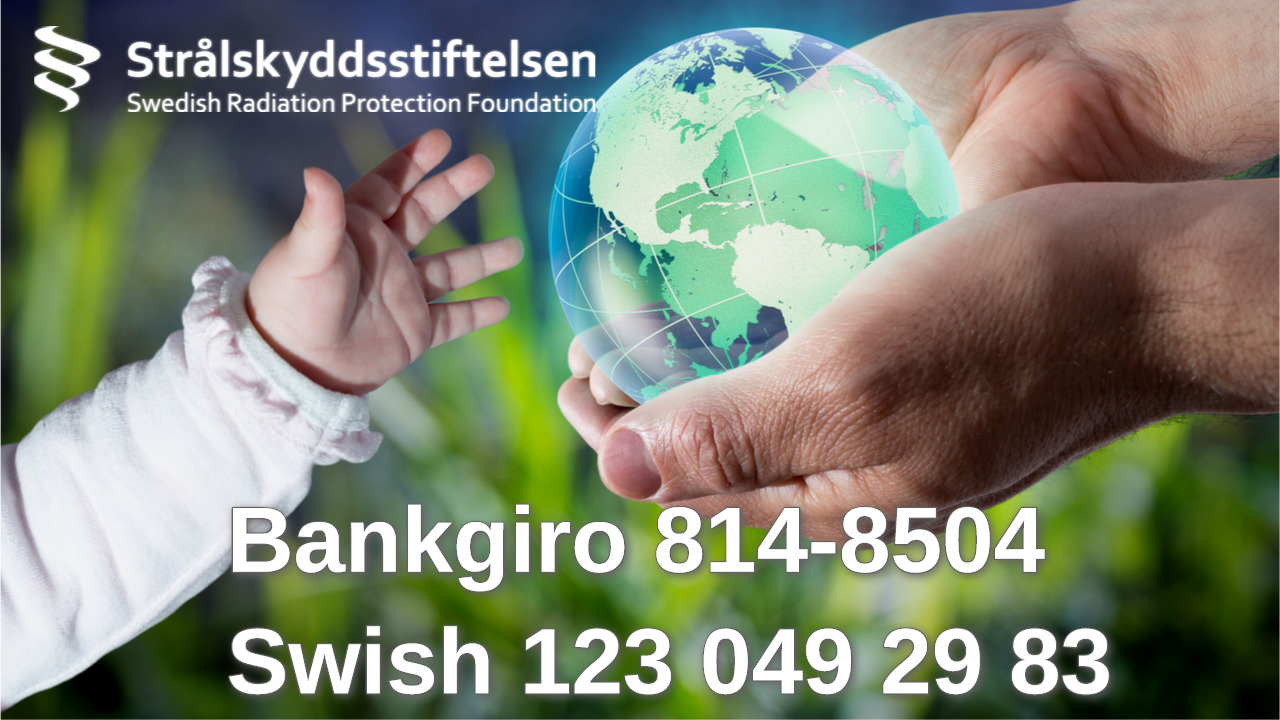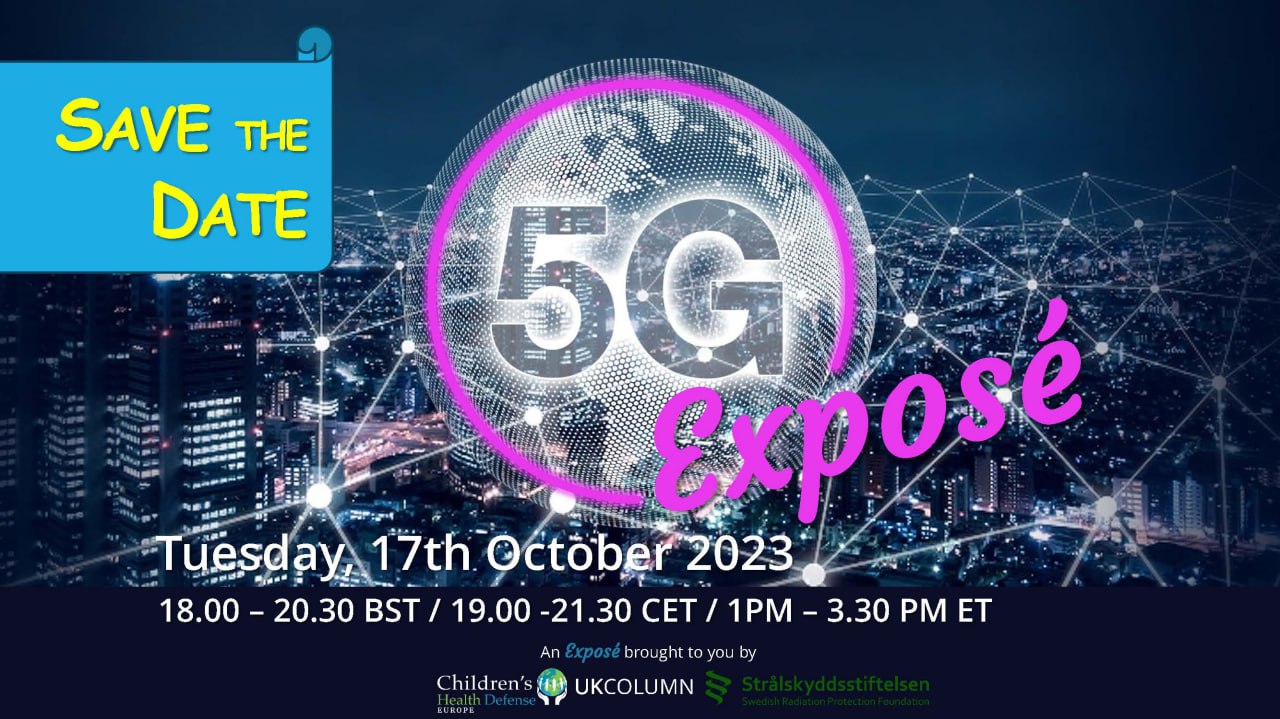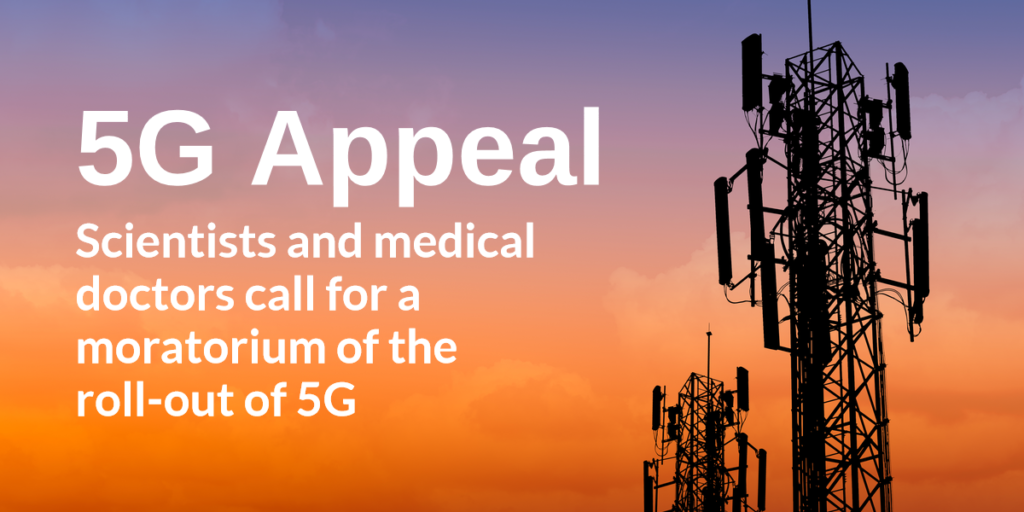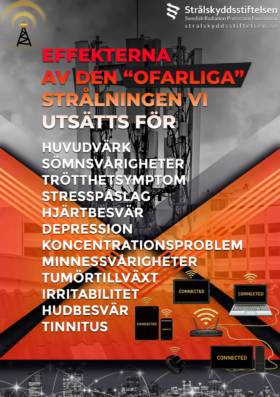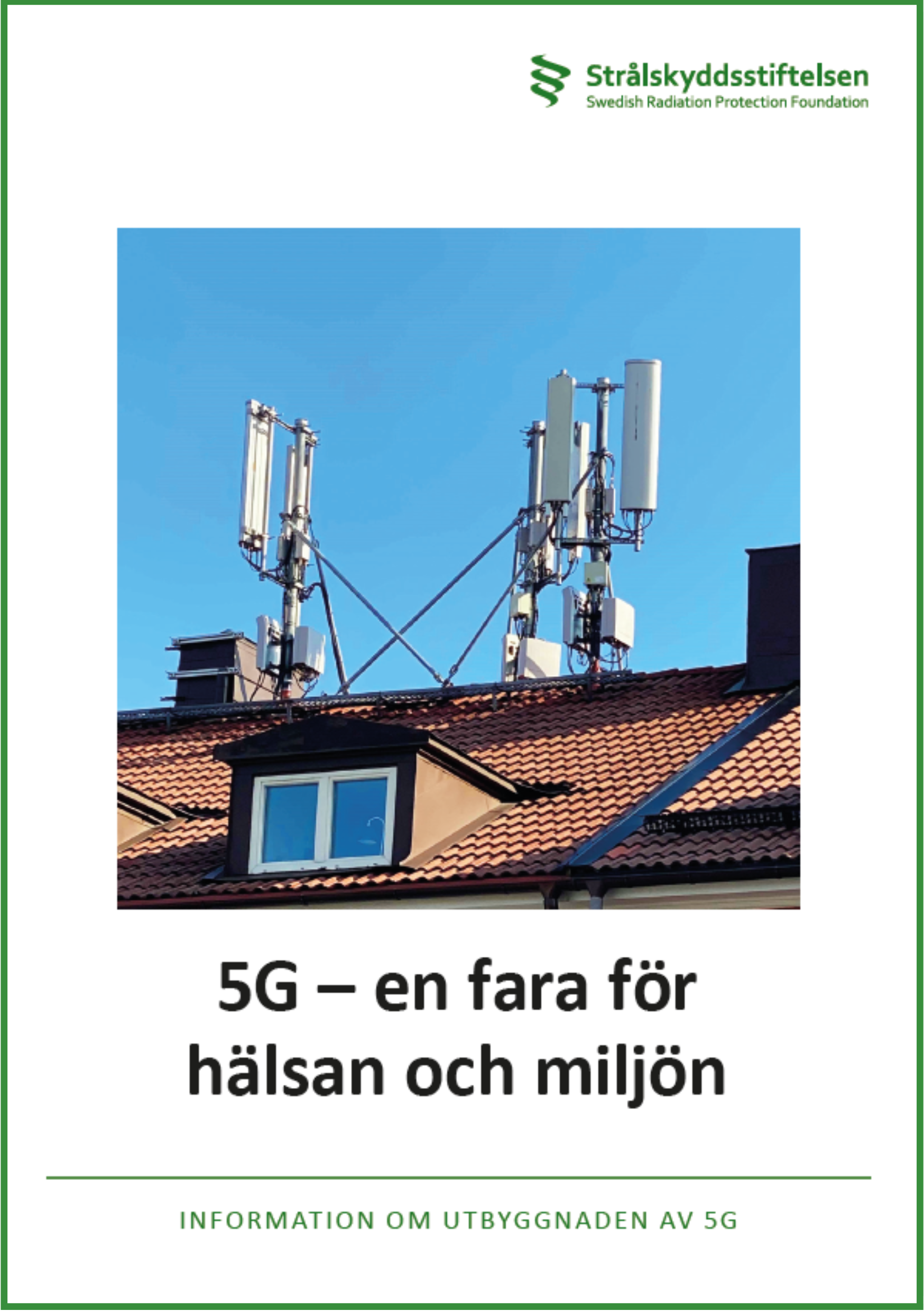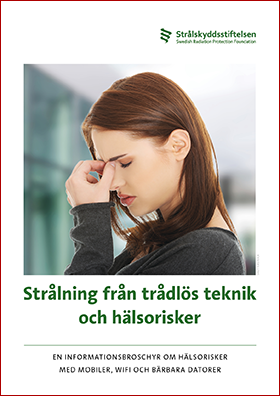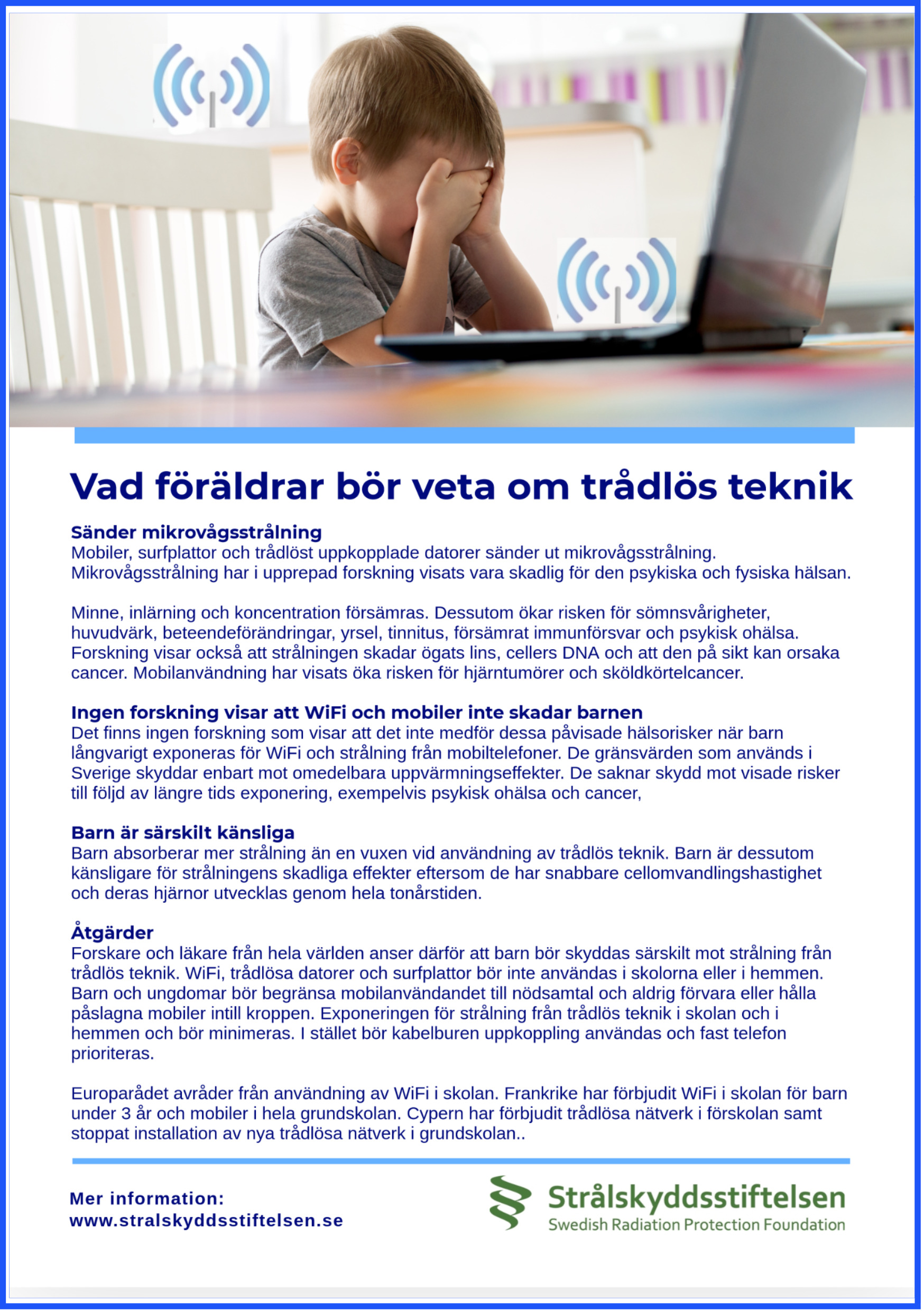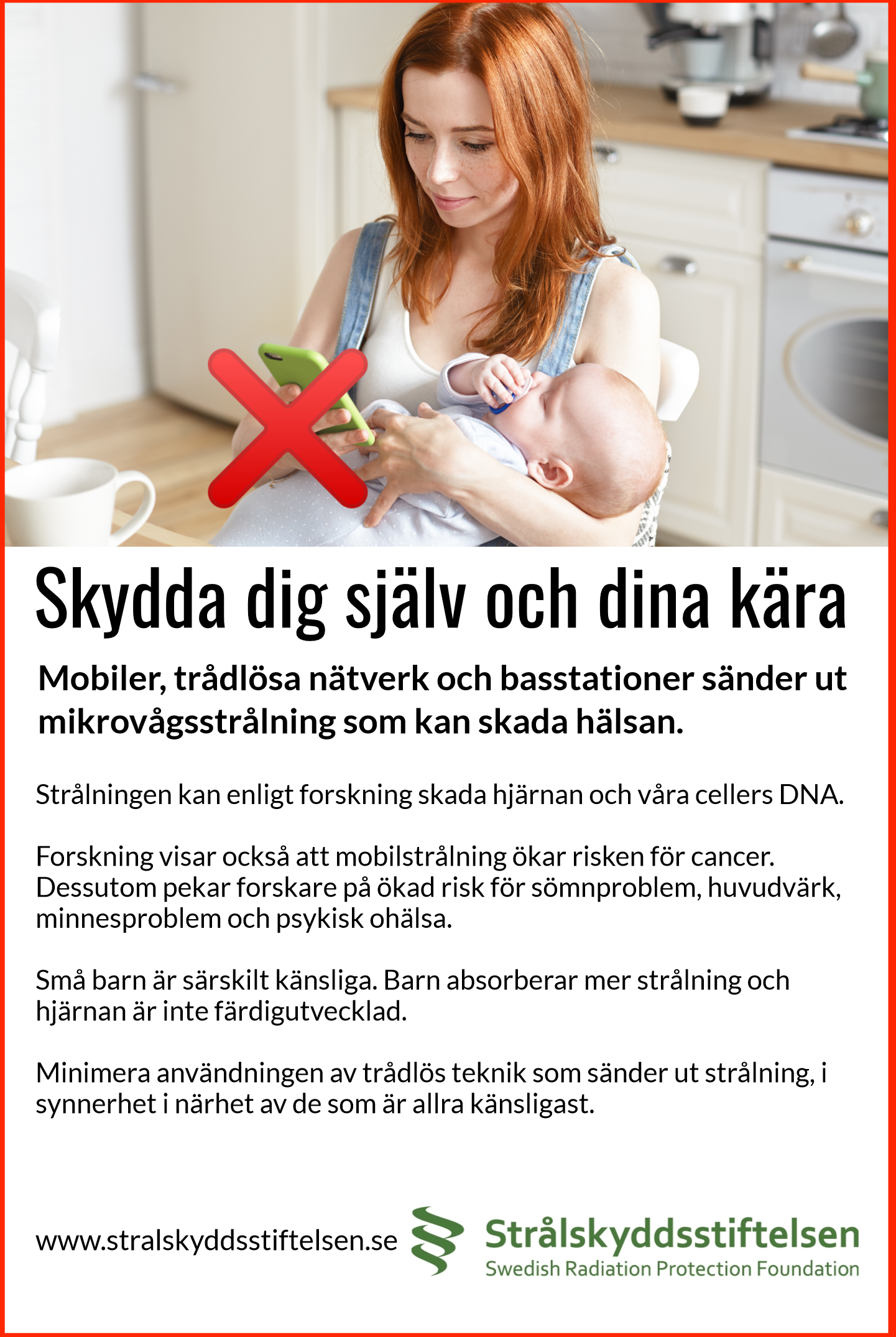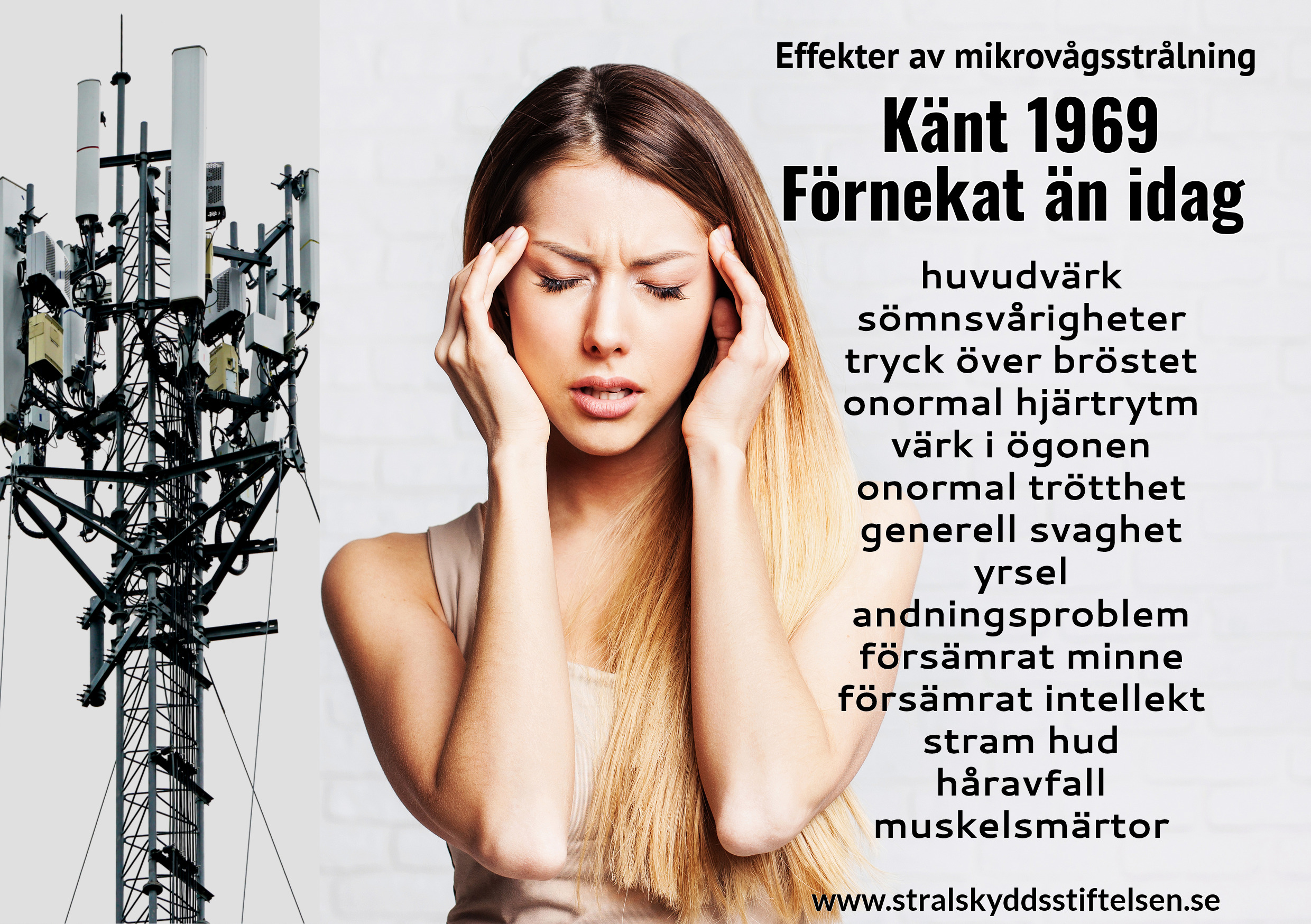Critique of EU Commission expert opinion report on radiofrequency radiation from wireless technology – EU Commission hand-picked expert report authors known for bias towards telecom business needs
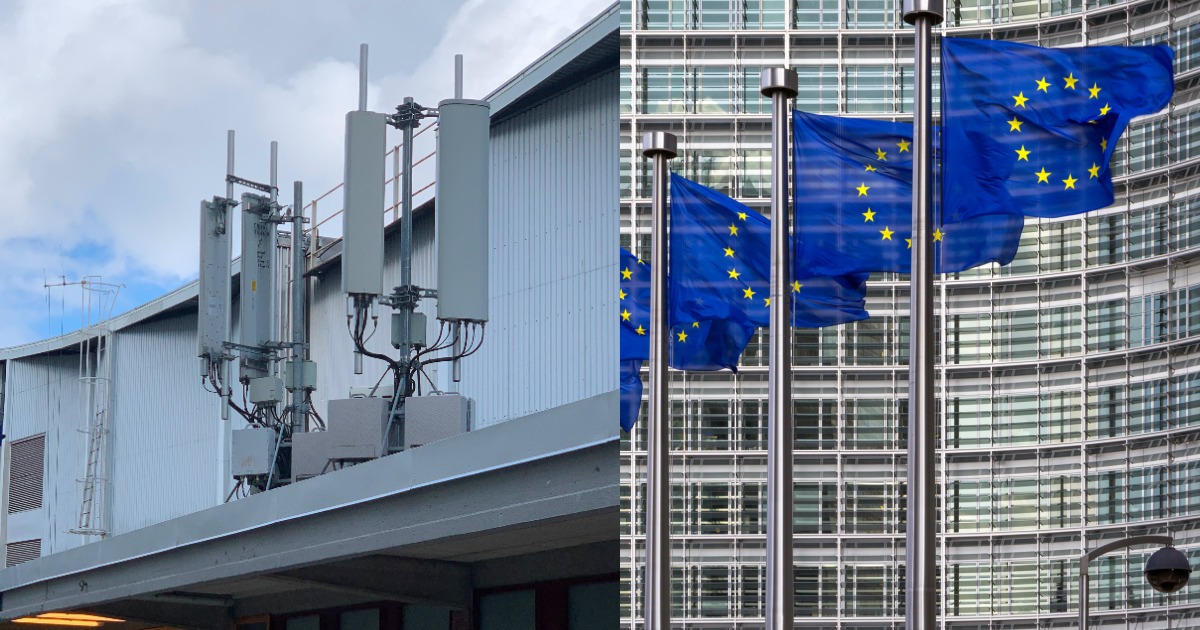
April 25, 2023
Today two European NGO:s, specialized on the health risks from radiofrequency radiation (RFR) emitted by modern wireless technology, published an in-depth critical review of the latest EU Commission expert group report on RFR. The EU expert report is heavily biased and appears to be predetermined to dismiss health risks below the ICNIRP limits of maximum exposure to RFR. By doing so, the EU report greenlights the adoption of the ICNIRP 2020 exposure limits that allow RFR at levels shown to cause harmful effects, but are favorable to the telecommunications industry.
In august 2022, the EU Commission released a draft opinion report on the possible risks from exposure to radiofrequency radiation (RFR) emitted by 5G, 4G, cellphones, Wi-Fi etc. This SCHEER Opinion report recommended the adoption of the ICNIRP 2020 limits which, if adopted, will allow even more harmful levels of RFR. The ICNIRP limits only protect against acute thermal effects of RFR, occurring when the radiation is so intense that it causes a temperature increase by one degree Celsius within 30 minutes of exposure. The ICNIRP limits do not protect against any long term or short term non-thermal effects.
ICNIRP limits are important to the industry
Lower limits than those recommended by ICNIRP are considered to negatively impact the telecommunications industry. It will become difficult or impossible to roll out 5G if 100 times lower limits are applied according to a leading infrastructure provider on 5G. However, medical and scientific experts in the field demand much lower limits in order to protect against documented harmful health effects from chronic exposure.
A history of selection of pro- ICNIRP experts
The critical review report, prepared by from the Council for Safe Telecommunications, Denmark and the Swedish Radiation Protection Foundation, shows that the EU commission has a history of only selecting pro-ICNIRP experts, not allowing one single representative from the hundreds of scientists representing the abundance of scientific evidence for health effects below the ICNIRP limits.
Half of the eight SCHEER working group members are not experts in the field, and four experts belong to a small self-referencing circle of no-risk pro-ICNIRP advocates, with ties to the telecoms. Furthermore, the SCHEER working group experts has a tendency of cross-referencing to other members within a closed circle of pro-ICNIRP experts. Another clear sign of bias is the experts’ consistent manufacture of doubt about scientific evidence of harmful effects below the ICNIRP limits, while in parallel, accepting no-effect studies without relevant criticism.
The below Figure 1 from the critical report illustrates the closed circle of pro ICNIRP experts
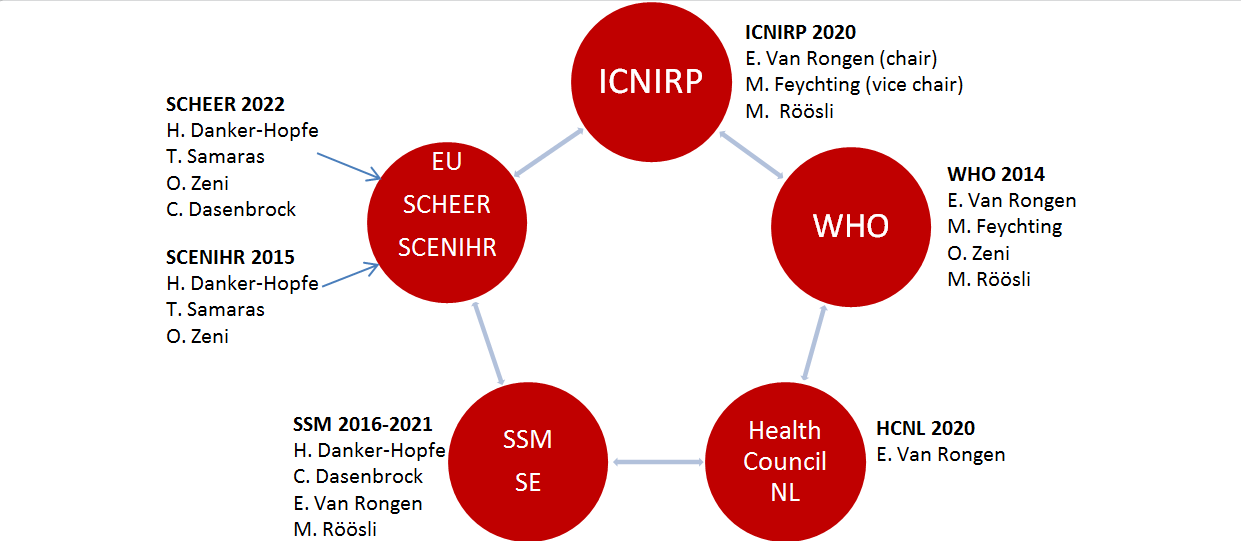
A majority of field scientists do not agree with the EU experts
258 scientists (EMF-Scientist) jointly demand lower limits for RFR exposure due to the growing evidence of harmful effects well below the ICNIRP limits. Further, a group of 16 world leading scientists (ICBE-EMF) concluded in October 2022, that the ICNIRP limits are based on false and outdated assumptions, do not protect against known detrimental effects, and are thus harmful for public health.
Many effects have been documented to occur below the ICNIRP limits but are downplayed by the biased EU experts’ opinion report. Among these are negative effects on the brain and the nervous system, behavioral effects, symptoms such as headache, dizziness, and sleep disturbances, DNA-damage, oxidative stress, harmful effects on sperms and increased risk of cancer. Alone, the formation of reactive oxidative compounds (ROS) and the resulting oxidative stress has been evidenced in more than 200 scientific papers.
Abundant evidence also shows severe effects on flora and fauna, in particular on plant physiology and insects, with potential devastating effects for biodiversity and the ecosystem. SCHEER fails to point out the need of a revision of the guidelines to include protection of the flora and fauna. The effects on the environment, such as effects on birds and insects, are completely ignored by the SCHEER Opinion report even though the evidence supports that the RFR is a likely contributor to the biodiversity crisis.
Detrimental to human health
The two NGOs conclude that the positive attitude to the ICNIRP 2020 guidelines benefits the industry, but is detrimental to human health. ICNIRP 2020, if adopted in Europe, will allow levels of exposure that is far above those that are known to cause harmful effects. On the other hand, there is no scientific evidence supporting that chronic full body exposure of humans to 5G and/or 4G base station radiation at ICNIRP 2020 proposed levels does not cause disease in humans and does not cause harm to the environment.
The SCHEER report is violating the principles of risk assessment as the experts have conflicts of interests. Consequently the report is extremely biased, and cannot be used as a basis for decisions on new exposure limits for the prevention of harmful health and environmental effects. The report should be dismissed and a new objective scientific evaluation of the risks to health and the environment from the radiation from wireless communication must be undertaken by competent experts without conflicts of interests and ties to the industry.
The NGO:s propose that the European Environmental Agency (EEA) form an expert group, free of economic and political interests, in order to conduct an objective scientific risk assessment of risks to human health and the environment.
Sources:
Critique of SCHEER Opinion Report on Health Risks from Radiofrequency Radiation. A review of the EU expert group and opinion of August 2022 on the need of a revision of the maximum exposure limits for radiation from wireless communications, 2nd edition. March 31, The Council for Safe Telecommunications (Denmark) and The Swedish Radiation Protection Foundation. (Pdf)
Summary of Critique of SCHEER Opinion Report on Health Risks from Radiofrequency Radiation. A review of the EU expert group and opinion of August 2022 on the need of a revision of the maximum exposure limits for radiation from wireless communications, 2nd edition. March 31, The Council for Safe Telecommunications (Denmark) and The Swedish Radiation Protection Foundation. (Pdf)
European Commission: Scientific Committee on Health, Environmental and Emerging Risks SCHEER Opinion on the need of a revision of the annexes in the Council Recommendation 1999/519/EC and Directive 2013/35/EU, in view of the latest scientific evidence available with regard to radiofrequency (100kHz – 300GHz) (pdf)

